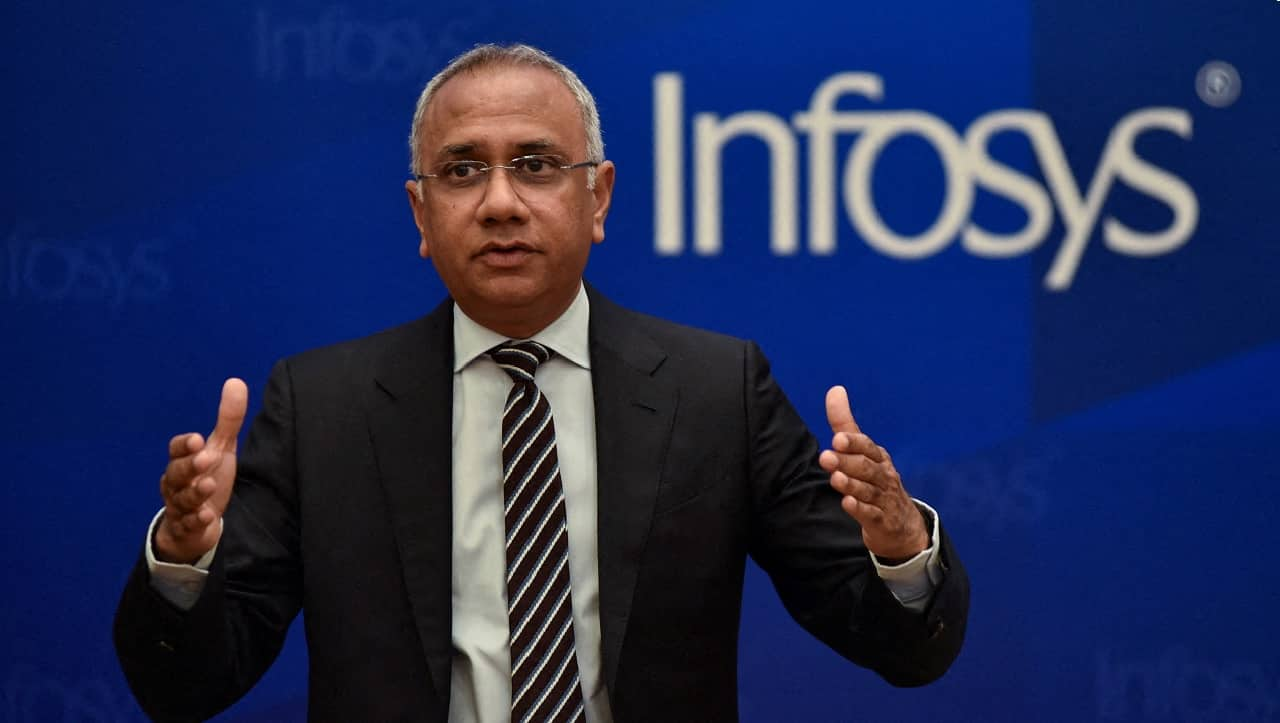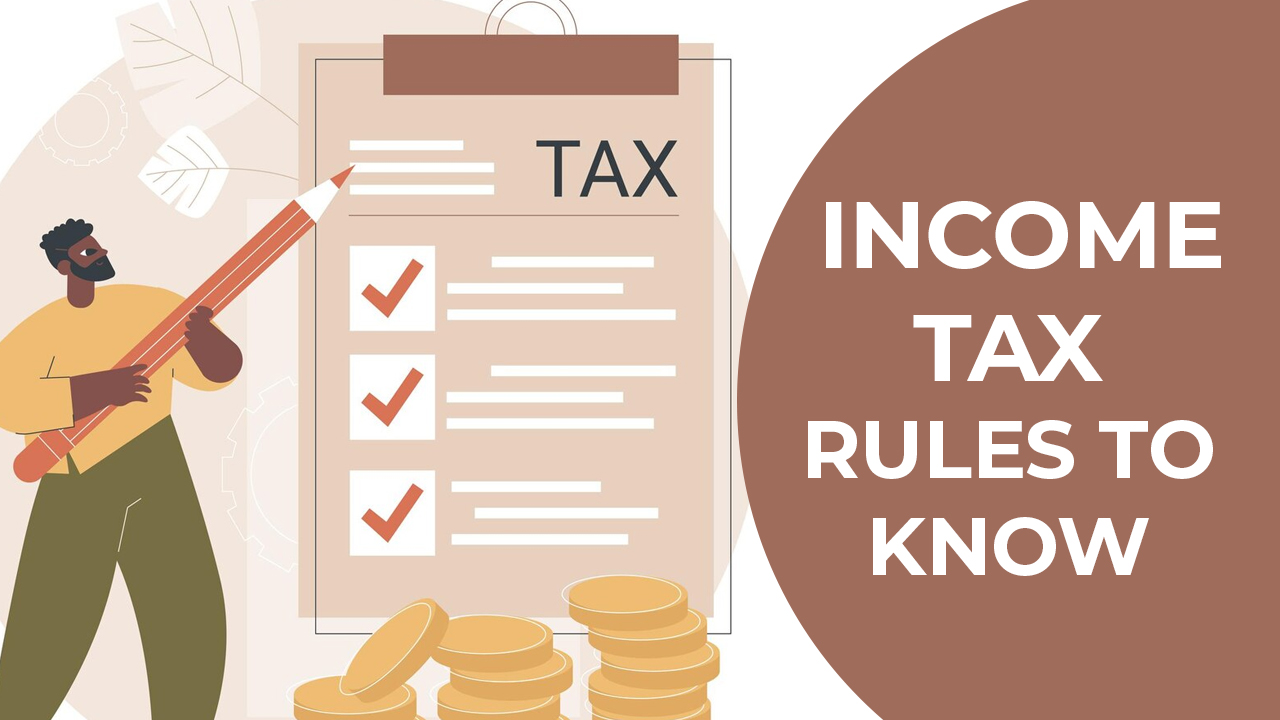The Buyback Plan
Infosys has approved a massive buyback of up to 10 crore fully paid equity shares with a face value of Rs 5 each, representing about 2.4 percent of its total capital. The board has set a buyback price of Rs 1,800 per share, which reflects an 18 percent premium over its recent market price. This is the fifth buyback in the company’s history and also the largest in value. At the end of June 2025, Infosys reported free cash flow of Rs 7,805 crore, giving it sufficient liquidity to fund the programme.

Market Reaction and Investor Concerns
Despite the announcement, Infosys shares slipped over 1 percent in Monday’s trading, reversing gains from the previous session. Analysts believe profit booking, tax implications, and broader sector weakness weighed on the stock. According to experts, the acceptance ratio for retail investors is likely to be low, which makes the buyback less appealing in the secondary market.
Tax Rules Take the Shine Off
A key factor troubling investors is taxation. Since October 2024, buyback proceeds are treated as dividends in the hands of shareholders, which means those in higher tax brackets could lose much of the benefit. For investors in lower tax brackets or exempt categories, the offer may still provide an attractive opportunity, particularly under the small shareholder quota, depending on the acceptance ratio.

Sector Pressures and Global Risks
The buyback comes at a time when the IT sector is facing multiple headwinds. The Nifty IT index slipped nearly 1 percent on Monday as all major constituents fell. Concerns are rising after US President Donald Trump hinted at possible tariffs on IT service imports, which could squeeze margins for Indian exporters. Additionally, an elevated rupee against the dollar is hurting revenues when converted back to domestic currency. Analysts note that these pressures are likely to keep the sector volatile in the near term.
What Investors Should Consider
Experts suggest that investors should remain cautious in the short term. The buyback is a strong signal of confidence from the company, but policy uncertainty, currency movements, and global demand trends are driving stock performance more than the announcement itself. Long-term investors may prefer to hold on, as the buyback will reduce the number of shares in circulation by 2.4 percent and modestly boost earnings per share over time.
A Look Back at Past Buybacks
Infosys has a history of rewarding shareholders through buybacks. It first undertook a Rs 13,000 crore buyback in 2017, followed by Rs 8,260 crore in 2019, Rs 9,200 crore in 2021, and Rs 9,300 crore in FY23. The current Rs 18,000 crore plan is not only the largest but also signals the company’s ongoing effort to return cash to shareholders while keeping confidence in its long-term prospects.
The Bottom Line
Infosys’ record buyback highlights its financial strength and commitment to shareholders, but investors must weigh the benefits against tax costs and sector uncertainties. For now, the move is a mixed bag, signaling confidence in the company’s fundamentals while reminding markets that global risks cannot be ignored.
Follow YouFinance on Instagram and Facebook for more simplified insights into markets, corporate actions, and investment trends.















